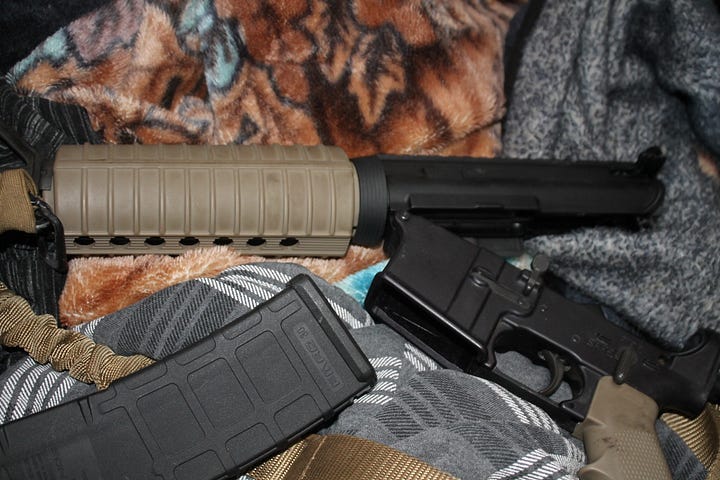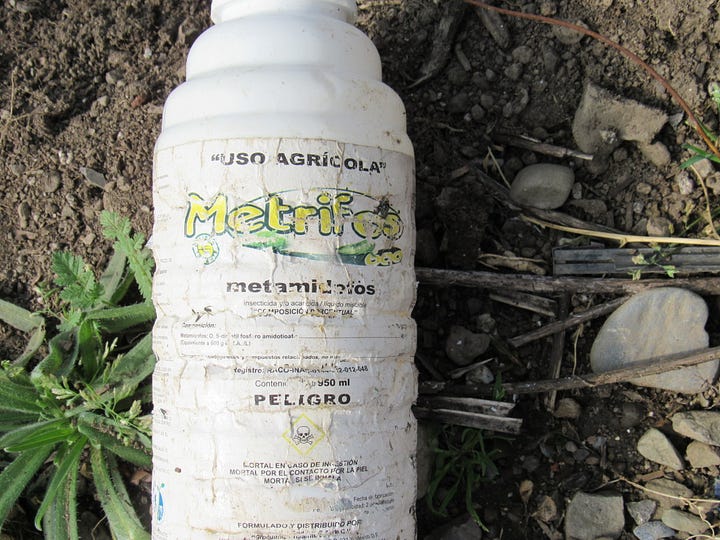Back-to-back cannabis murders rock Northern California, sheriff says cartel involved
Sheriff says transnational drug trafficking organizations are operating on an Indian reservation. The same tribe is suing law enforcement over marijuana raids.
Back-to-back homicides have once again shaken Northern California’s cannabis country. At least one involves a transnational drug trafficking organization.
The cases highlight a growing crisis. As previously reported, Northern California has become a hotbed of international drug trafficking activity, endangering locals.




Mere hours apart, a shootout on an …


